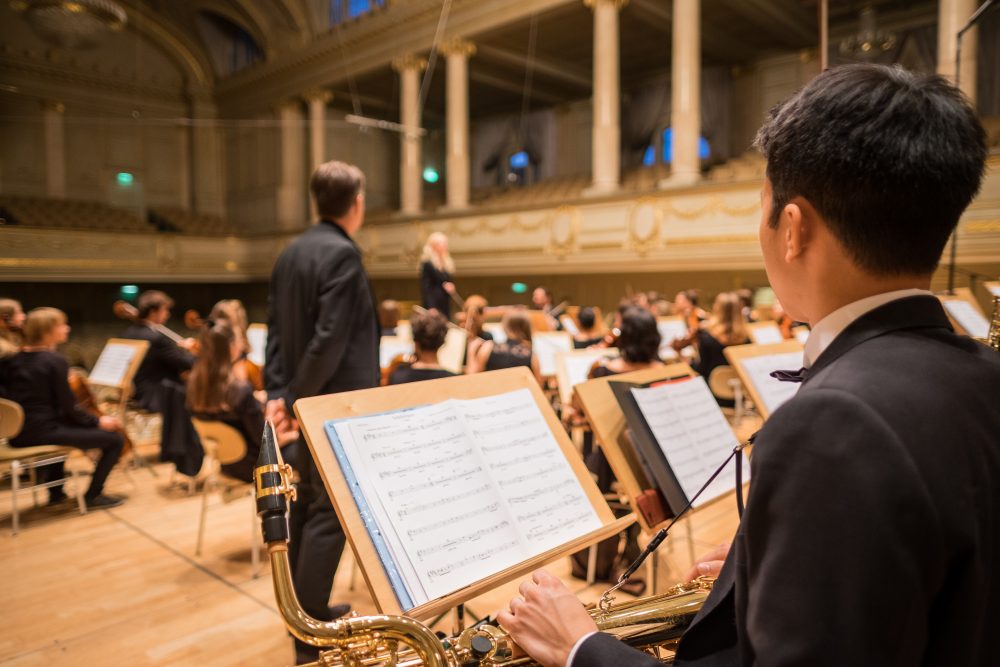FAQ
We wish to welcome you as a new music student. Your decision to learn to play music is a wise one. Whether you area beginner or are seeking to improve your present abilities, you have made the choice to enrich your quality of life through music study.
Success is in YOUR Hands

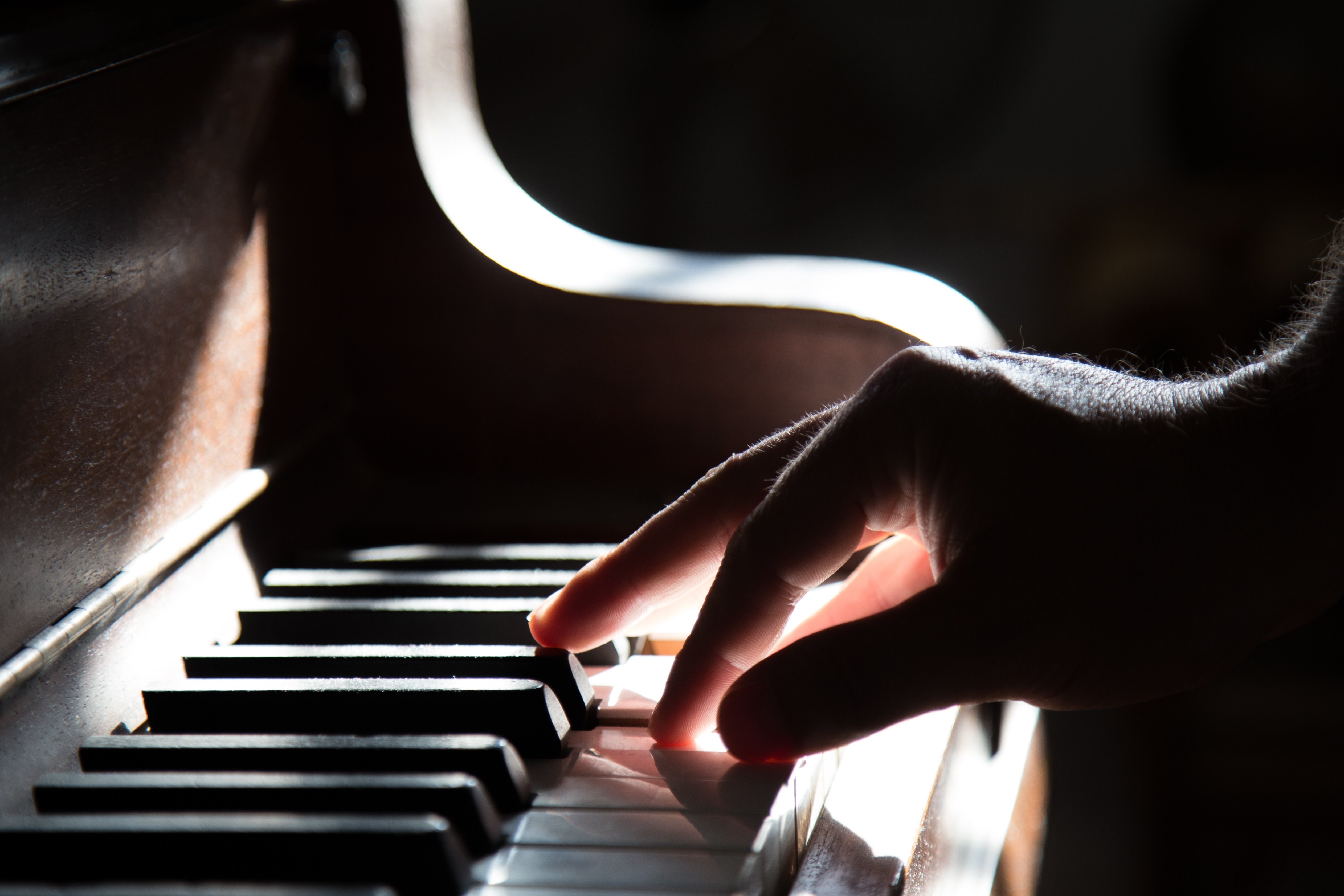
PRACTICING
The more you practice the sooner you attain your goals. Each student gets a weekly lesson plan. Every time we hear you play, we are studying your strengths and areas that need polish.
At the end of the lesson we decide what is most important for you to work on during the next week and will assign combinations of pieces or songs to play, and exercises to play or write.
If you follow this plan you will be taking advantage of our years of expertise, and will learn to play better, sooner!
ATTENDANCE
Regular lesson attendance is crucial to your successful development. When you come to all of your scheduled lessons, you are doing several important things:
- allowing your teacher to help you make corrections, and improve your abilities
- earning new music pieces and learning new ideas and techniques
- getting “pep talks” to encourage you, especially if you were lax on practicing.


Our teaching staff is comprised of experienced performers, studio musicians, composers and producers.
We have a purpose as teachers to help you achieve your goals. Some of you may want to be professional musicians while others see music as an avocation to be enjoyed in private. Some like classical music, while others want to learn to compose their own songs and improvise music in various styles.
Our methods of teaching are designed to help each of you develop and attain your personal goals the quickest and easiest way possible.
This does not mean “cutting corners”. It means that we will show you the most effective ways to practice and learn!
INSPIRED QUESTIONS AND ANSWERS
Q: How long will it take me to be able to play well?
A: If you want to play for your own enjoyment, you can do this in a much shorter time – but it doesn’t happen overnight. The key is to attend regular lessons and to practice well each day.
If you want to play like a professional, this takes years of dedicated practice and lessons.

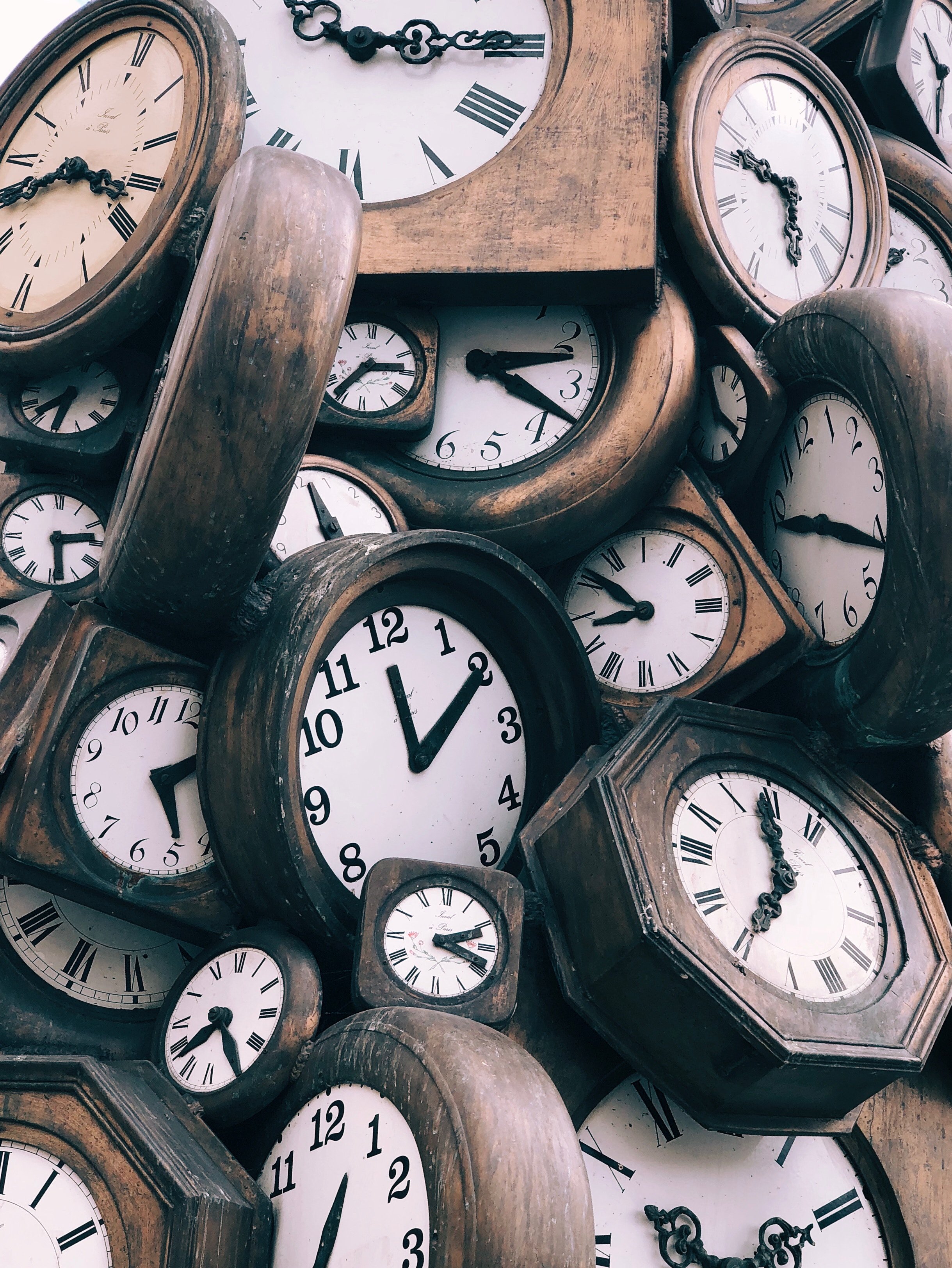
Q: How much do I need to practice?
A: How good do you want to be?
- Very young beginners (5 year olds) should try to practice about 15 minutes daily.
- Minimum practice time for children up to 12 years old is 30 minutes per day.
- Young people who have had lessons already, or who are in high school should invest 45 minutes per day or more.
- Anyone who wants to be a professional should practice a minimum of one hour per day, and ultimately hours each day.
Q: I want my children to be self motivated. Can I let them be in charge of when they practice?
A: When your children consistently get ready for school, do all of their homework, clean their room, brush their teeth, put all their toys away and do all of their chores on their own, they are ready to be in charge of their own practice schedule.
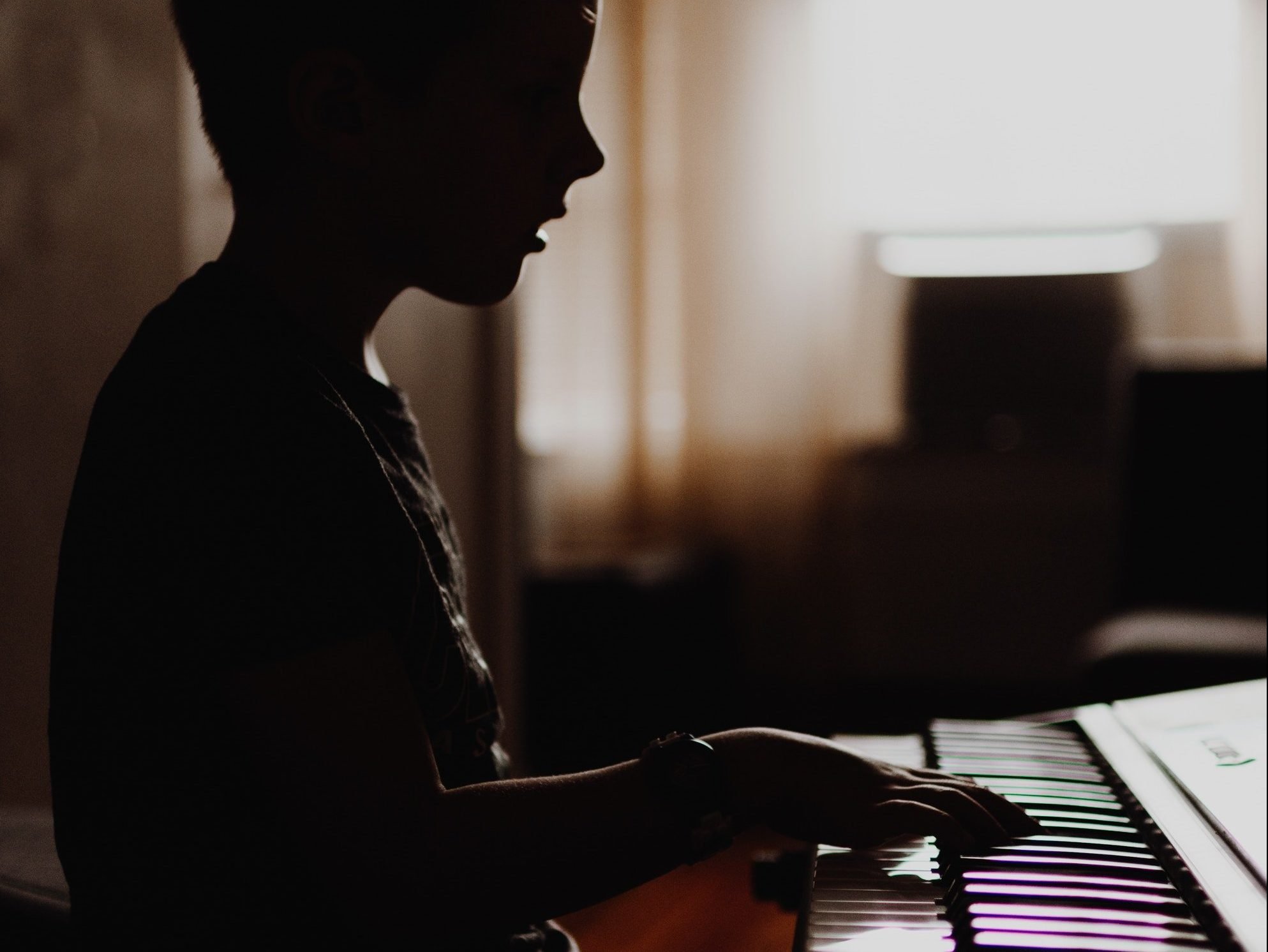
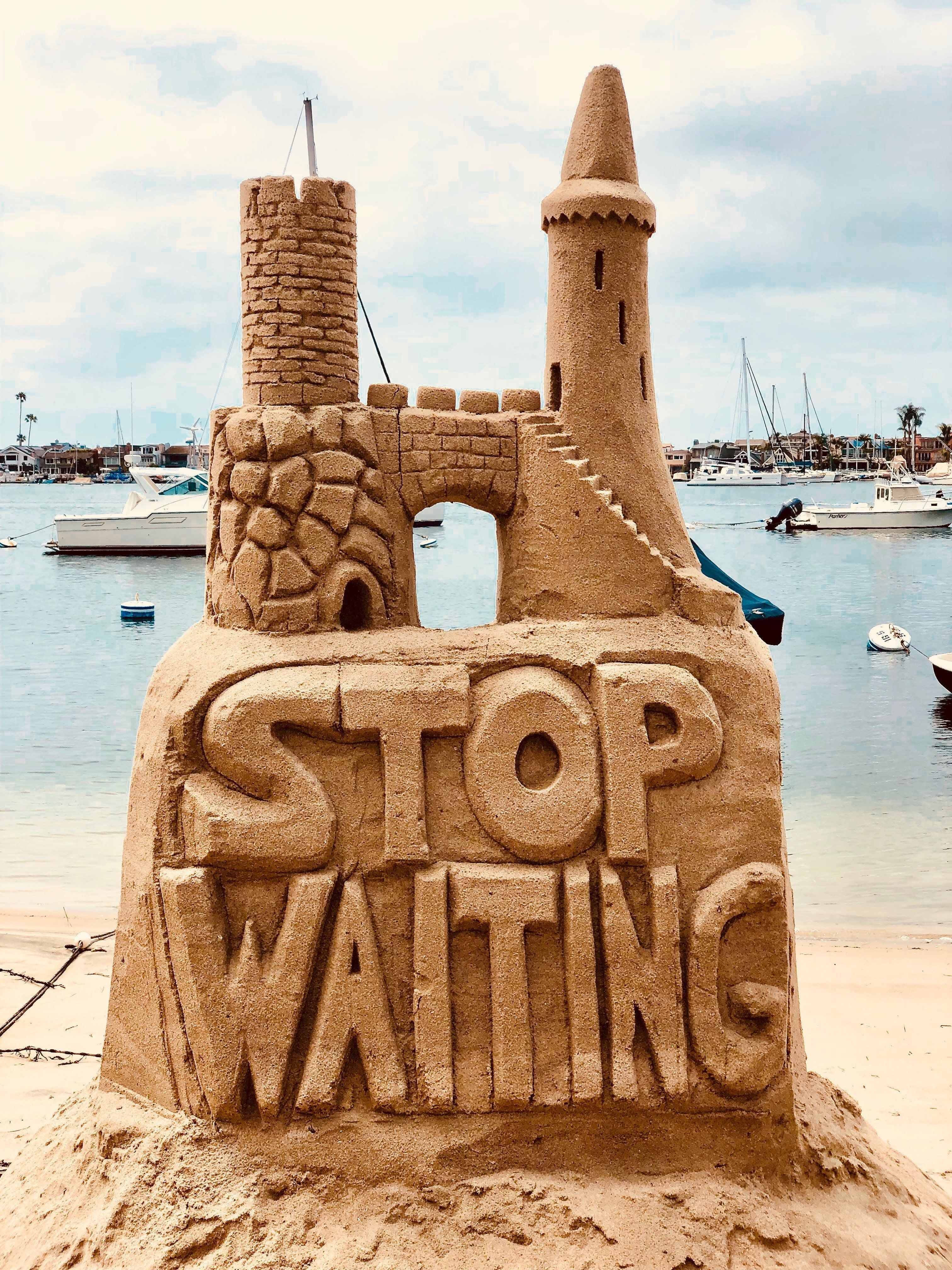
Q: What if I can’t find the time for practice?
A: Rule number one is – you can’t find the time, you must MAKE the time.
Schedule a time each day, and stick to it. School, religious services, sports events and other activities are fixed times and this should also apply to your practice.
Lack of daily quality practice time is the number one reason for students losing interest in playing. Students who put in little practice time don’t see results and lose interest. If you don’t practice daily, it creates a downward spiral for learning. Don’t let team activities such as sports eat up all your practice time and energy.
Students who practice daily become good musicians and continue learning and improving!
Q: My children aren’t showing much interest and complain about practice. What can I do?
A: Your children thrive on your praise and attention. If you don’t show enough genuine interest in their musical development, you are in fact telling them that it isn’t really that important.
Your actions directly influence your children’s responses. Ask them to play for you frequently. Praise every good thing that they do! They need this, and you will see a big difference if you are sincere.
Encourage them and reward them with your genuine praise and attention … and it will pay off for both of you.
A weekly reward system for diligent practice is a powerful tool.


Q: How can I keep motivated?
A: Regular practice and regular lessons are the key here. By practicing regularly you will achieve results. The results are your motivation for you to continue on your path.
Another key element is to attend music concerts. When you see and hear great musicians play, it inspires you to practice so you can play your best.
Q: How can I gain enough confidence to perform?
A: Start out small, and choose a safe audience. Your first audience may be a friend or a family member. Choose someone who is supportive!
Once you have done this a few times, play for two or three encouraging friends, and so on. It should be a very informal situation at first. Little by little you will get used to playing for others, and you will eventually be able to play for large groups, if this is what you want to do.
Remember that most people can’t play at all, and admire those who can!

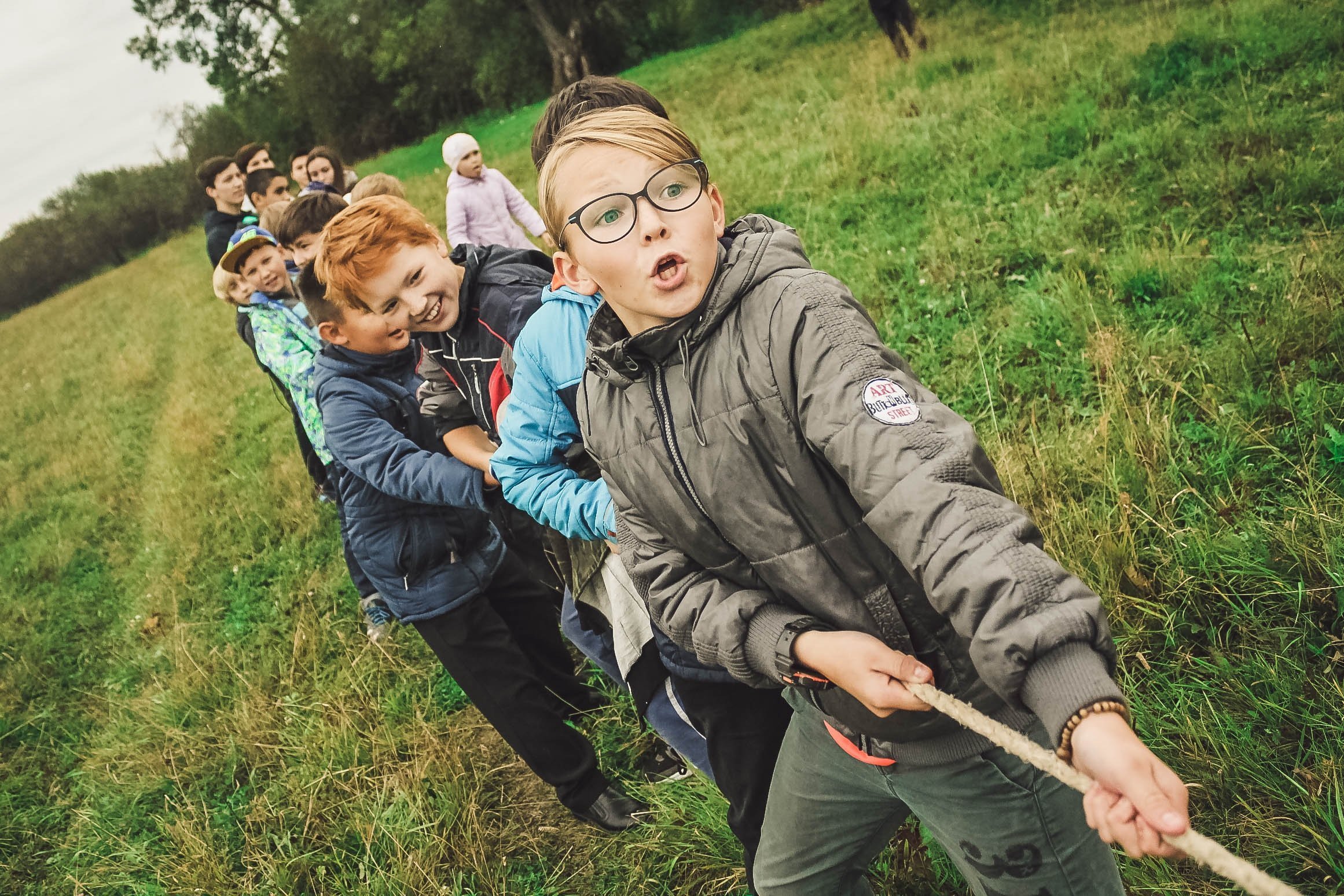
Q: How can I know that I’m progressing the way I should?
A: Ask your teacher! It is easy for us to gauge your progress because we have so much experience.
You hear yourself each day and it is hard for you to tell how much you are learning. A good method is to look back six months, a year or two years and ask yourself how much you have improved!
Q: What if I haven’t practiced?
A: Come to your lesson anyway. You need to have a lesson each week.
Tell your teacher that you did not practice, and your teacher will help you discuss the reasons why, and how you can improve for the next lesson.
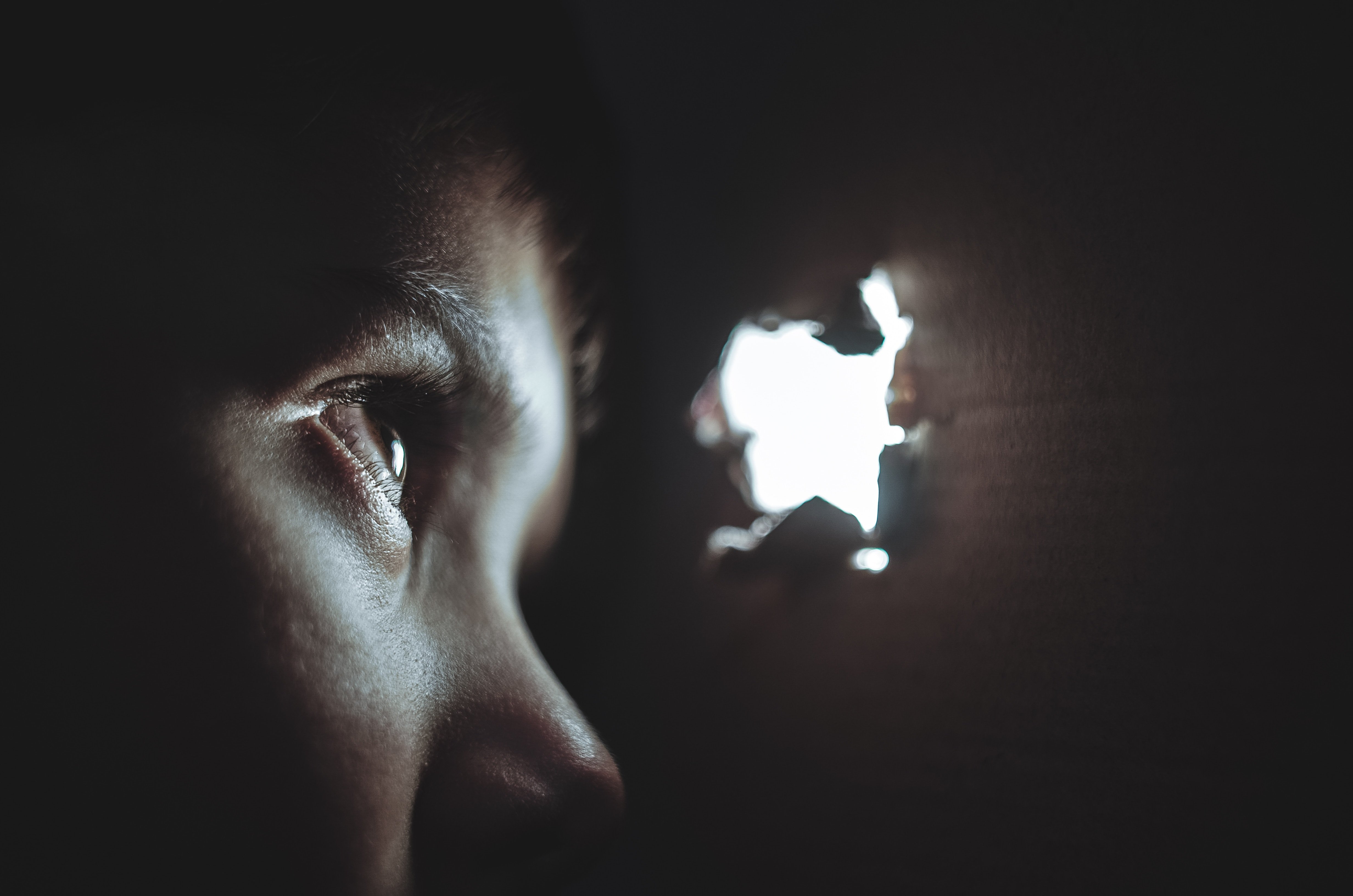

Q: What if I forget my lesson books and materials?
A: Come to your lesson anyway, but remember that you will be limiting the amount that we can help you.
You should always be prepared for your lesson, and this means bringing the “tools” you need to learn. Set them out the night before your lesson and make sure you have everything ready.
Q: How can I compare my own progress to other students?
A: Don’t compare yourself to others. Each student has a different learning curve. Each student will have an easier time in some areas, and some difficulty in other areas.
Learning to play is learning how to solve problems and turn weaknesses into strengths. The most difficult time in learning is the first few months. This is because everything is new,and you have to process all these new things at once. Over time you’ll adjust and it will become easier.


Q: I’ve had lessons with another teacher before. Why are you making me do things differently?
A: Teachers have different methods, and different levels of experience and training. Our school wants you to learn everything correctly, so we may seem more difficult if you have had a teacher who has passed you on pieces that still needed some work.
Over time you will adjust to our methods, and you will become a much better musician, with a quality music education.
SUMMARY
Remember that like all things in life, what you get from something is directly related to what you put into it. This goes for students, parents, and teachers. We care about the nurturing and development of all of our students. If we did not, we would not be teaching.
Parents, remember that the success of your children is directly related to the interest YOU show in them and their progress. Show leadership with your caring, and the rewards will always come!
The key ingredients to learning to play and understand music are having a strong desire, and having an excellent teacher who cares about you. If you have both of these, you will do extremely well in music!
